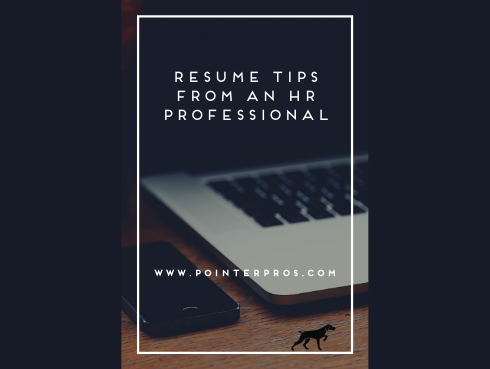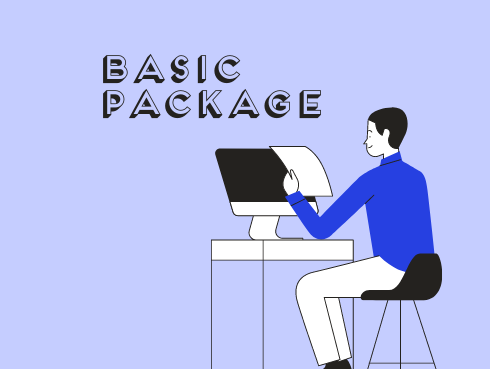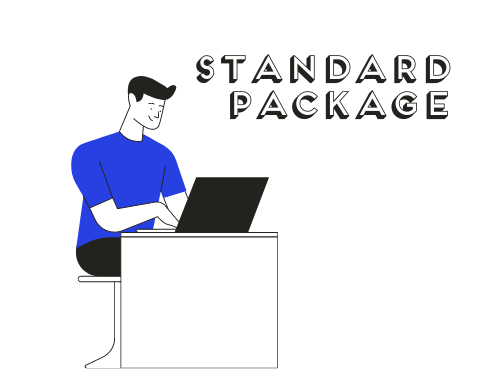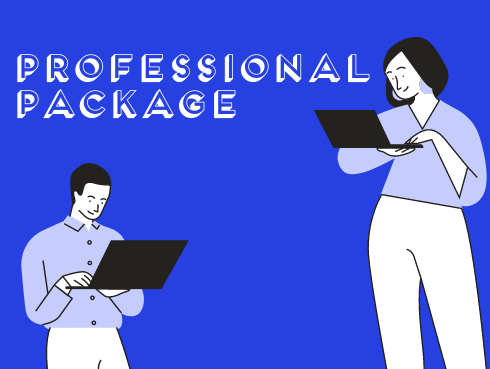
Interview Prep Package
August 17, 2020Although I have spent the last 10 years reviewing resumes in some capacity, I understand that this is not something that the majority of people know how to navigate. There are a lot of myths out there regarding resumes and, to be honest, there is a gap between what Human Resources professionals are looking for and what professional resume writers provide. Coming from a Human Resources/Recruitment background, I have been the “gatekeeper” to hundreds of thousands of resumes over the years. Below, I list some “nuggets” of what I have found to be most important.
- Your resume can be longer than one page (and for many, it should be). But, use common sense. If you have 30+ years of experience, your resume is likely going to be longer than one page but, hopefully, not 10 pages, either. If you are entry-level, your resume should not be longer than one page.
- Recruiters are looking for your most recent job- don’t make them search for it. I have seen a lot of resumes that are finagled to show what the applicant thinks the employer will want to see first. I can guarantee that even if your most recent experience isn’t relevant to the job you are applying for, recruiters still want to see what you have been doing most recently.
- Objectives are out – leave them for the cover letter. There are always exceptions but, unless I’m very confused by your resume, the recruiter inside me would skip right over that and consider it “fluff.”
- Be honest. I have, unfortunately, had to rescind job offers from candidates that were proven to be dishonest. Please don’t lie about the college you attended, the degree you obtained, the titles you have held, etc. These lies can and will easily be discovered during the background check process. An employer will be more likely to “bend” by hiring someone that lacks a qualification over someone that lies about it. Trust me.
- Proofread for typos! This may seem like a no-brainer but if I had a nickel for every resume typo that either the hiring manager or I found… very rarely are hiring managers forgiving of this (especially when you spell the name of the university you attended wrong – yes, it has been done). What made those typos more cringeworthy was when it was a candidate applying for a detail-oriented position. It was an automatic DQ nine times out of ten.
- Describe what YOU have done in each of your positions. It’s easy to talk about each and every project that you have played a part in but just be sure you are describing your contribution not what your team did. This is your time to list out your accomplishments- not just list out your job duties/responsibilities. I have sat in many interviews where we invited the candidate in based on x relevant project experience only to find out that the candidate wasn’t really a contributing member of that project from end to end. It’s also a lot easier for you to speak to what you have done with confidence in an interview- rather than try to take credit for someone else’s work. Refer back to Tip 4.
- Use data to showcase your accomplishments. This is the most effective way to highlight your tangible successes. If you were able to impact the bottom line and can tie a number to that then you will surely stand out.




